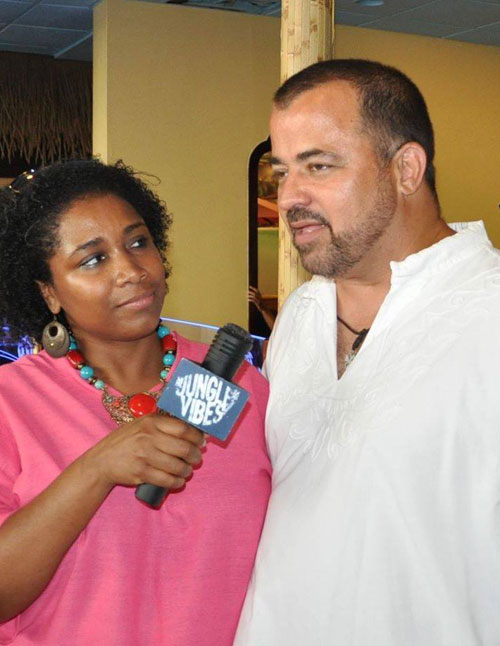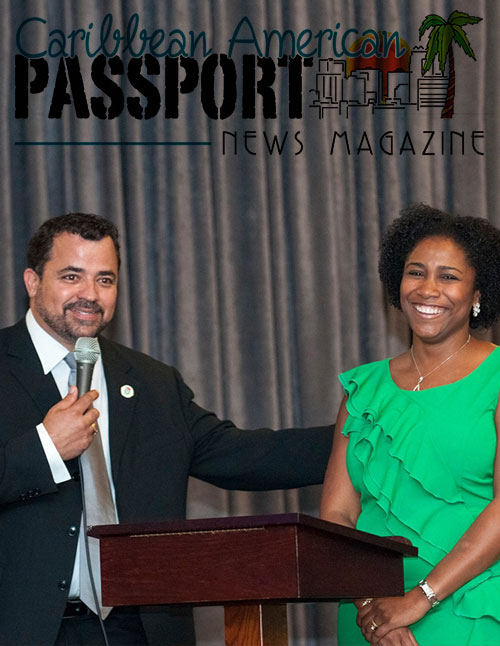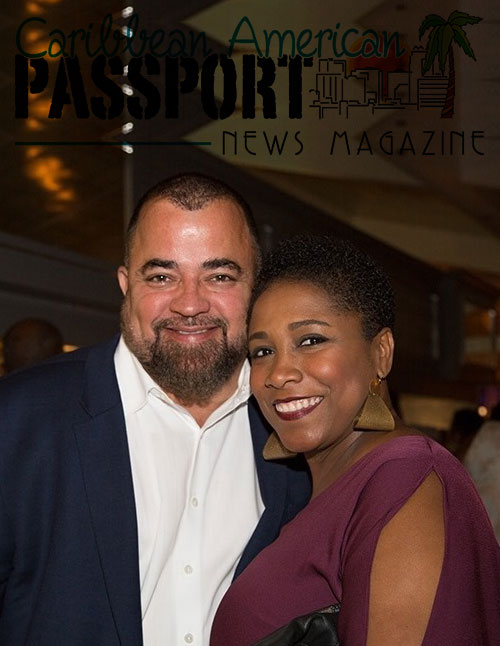In a dramatic turn of events, the United National Congress (UNC), led by Kamla Persad-Bissessar, has clinched a resounding victory in Trinidad and Tobago’s 2025 general elections, bringing an end to the People’s National Movement’s (PNM) ten-year reign. On April 28, the PNM formally conceded, paving the way for a new political chapter.
The elections were triggered by a wave of controversy following former Prime Minister Stuart Young’s surprise move to dissolve Parliament in March, an unpopular decision tied to his un-elected rise to leadership. The snap polls quickly became a national referendum on transparency and public trust.
Addressing a sea of jubilant supporters, Prime Minister-elect Persad-Bissessar declared, “You are the real winners of the 2025 General Election.” She wasted no time laying out her vision: restoring pension payments, reopening the long-shuttered Children’s Hospital and Petrotrin refinery, bringing back laptops for schoolchildren, and creating over 50,000 new jobs.
Call it a come-back
This marks a powerful comeback for Persad-Bissessar, who previously held the country’s top post from 2010 to 2015. As the UNC transitions into power, citizens are watching closely, hopeful that the incoming administration will deliver on its ambitious promises and breathe new life into the nation’s economy and public services.
Kamla Persad-Bissessar made the historic return to power in Trinidad and Tobago, securing a decisive victory in the snap general elections held on April 28, 2025. Her United National Congress (UNC), in alliance with the Coalition of Interests, won 26 out of 41 seats in the House of Representatives, unseating the ruling People's National Movement (PNM), which secured 13 seats.
At age 73, Persad-Bissessar becomes the first person in the nation's history to serve non-consecutive terms as Prime Minister, having previously held the office from 2010 to 2015. She remains the only woman to have led the twin-island Caribbean nation.
Political Context and Election Dynamics
The snap election was called after Prime Minister Stuart Young, who had recently succeeded Keith Rowley, dissolved Parliament amid public discontent over his un-elected appointment. Young's decision to call early elections was seen as an attempt to secure a mandate amid rising crime and economic instability.
The election campaign was dominated by issues such as escalating gang violence, economic hardship, and concerns over governance. Persad-Bissessar's UNC capitalized on public dissatisfaction, promising to address these challenges with a focus on social welfare and economic revitalization.
Policy Priorities and Governance Agenda
In her victory speech, Persad-Bissessar pledged to tackle the nation's pressing issues head-on. Her administration's priorities include:
- Economic Revitalization: Reopening Petrotrin, the state-owned oil company closed in 2018, to boost the energy sector and create jobs.
- Social Welfare: Increasing public sector wages and safeguarding pensions for the elderly.
- Education and Youth Development: Reopening a children's hospital and distributing laptops to students to enhance educational opportunities.
- Crime Reduction: Implementing new crime-fighting strategies to address the surge in violence that led to a state of emergency earlier this year.
International Reactions
Persad-Bissessar's return has been met with congratulations from international leaders. U.S. Secretary of State Antony Blinken extended his congratulations, emphasizing the importance of democratic processes. Indian Prime Minister Narendra Modi also congratulated her, highlighting the close ties between India and Trinidad and Tobago.
A New Chapter for Trinidad and Tobago
As Persad-Bissessar prepares to lead the nation once again, she faces the formidable task of uniting a country grappling with economic challenges and social unrest. Her administration's success will depend on delivering tangible improvements and restoring public confidence in governance.

















